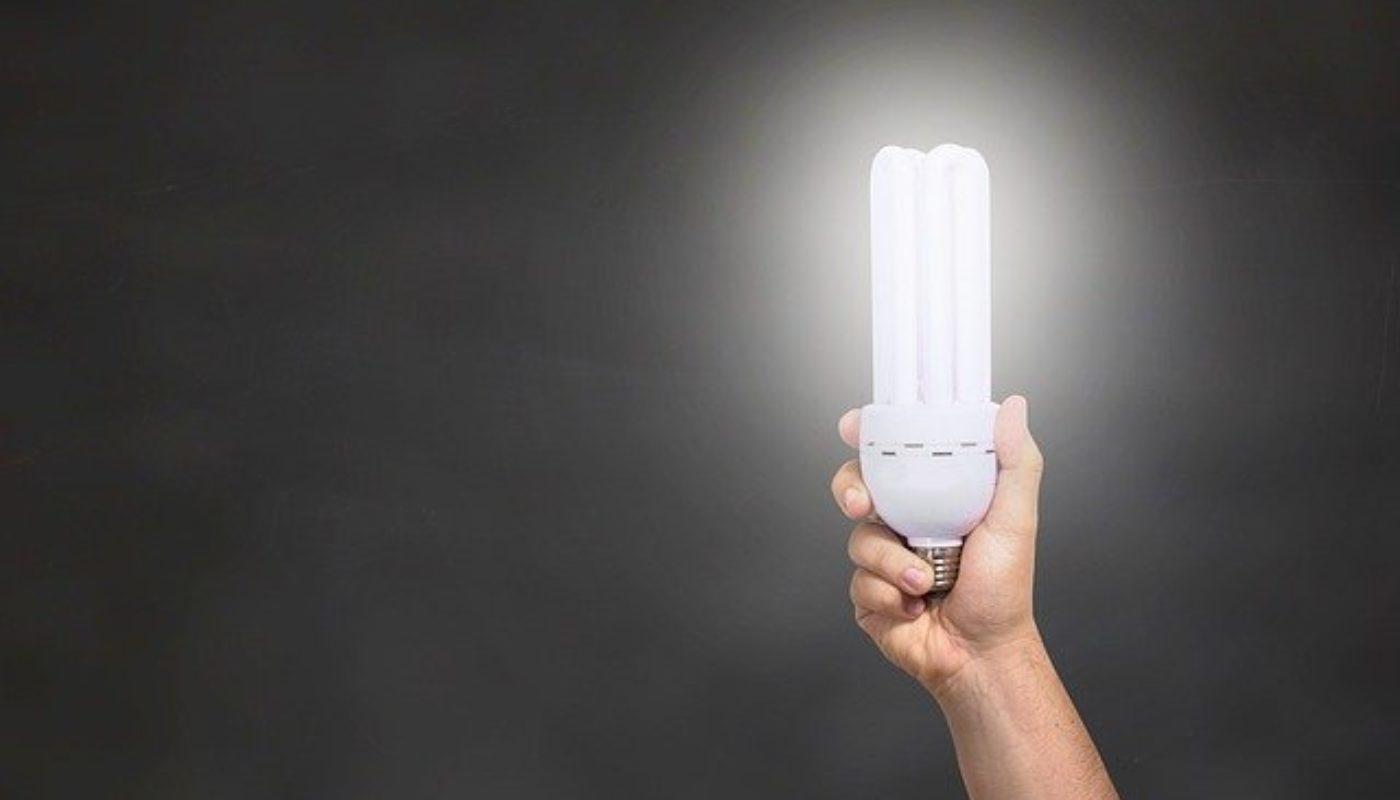Covid-19 has undeniably changed the face of the world. Unexpected situations came into play, and the ways of tackling them were yet another challenge. One of them was to decide whether standard energy tariff or fixed price energy tariff was to be used for your corporation. When choosing your supplier, you will be given two options; whether to stand by the standard tariff or to make up a contract having fixed energy price through a Utility Bidder.

A lot went downhill in 2020, be it the economy of the country, the lives of its citizens or the overall impact on an individual. Corporations had to lay off a significant amount of people because of the decreasing revenues and increasing challenges of the novel infection. Due to this reason, not only the employees were deprived of their jobs, but also the companies faced a multitude of challenges, one of them being the utility tariff of a company based on the consumption of energy and gas.
Energy Cap
Energy cap is referred to as the maximum amount an energy supplier can charge you at the time of billing of your consumptions. It was put into effect on January, 1st, 2019, by the parliament to restrict the practices of unnecessary charges on your bill.
Calculated on the basis of units of energy consumed by the customer, this price cap uses the unit of Kilowatt-hour (kWh)
Exit Fees
One of the prominent benefits of having an energy cap is that the suppliers cannot charge you any exit fees if you choose to switch the supplier in the middle of your contract.
Standard Variable Tariff
The standard variable tariff, also known as SVT, refers to the situation in which there is no particular energy plan with no terms and conditions for the longer run. In this type of Tariff, the energy supplier has the authority to charge you any amount at any time.
Fixed Price Energy Tariff
Contrary to the standard variable tariff, this system secures households from a perpetual rise in electricity charges. Having a lasting time of 12 months to 3 years, the fixed price ensures that you are not charged more than what you signed up for, with your respective supplier.
However, the fixed tariff does not mean at all that you will be charged the same for the duration of your contract, no matter how much electricity you use. Rather, it implies that the rate at which you use your energy will stay the same, and your monthly bill will be calculated on the basis of this pre-determined rate.
Conclusion
As the vaccine has been approved, and the corporations are opening worldwide, it is very likely that energy prices will go high with time. Independent from the global situation, you will be free of the worry that you will have to pay more, as you will have a designated rate for your consumption. As opposed to the Standard tariff option, fixed option provides security as well as saves you from inevitable fluctuating prices.





